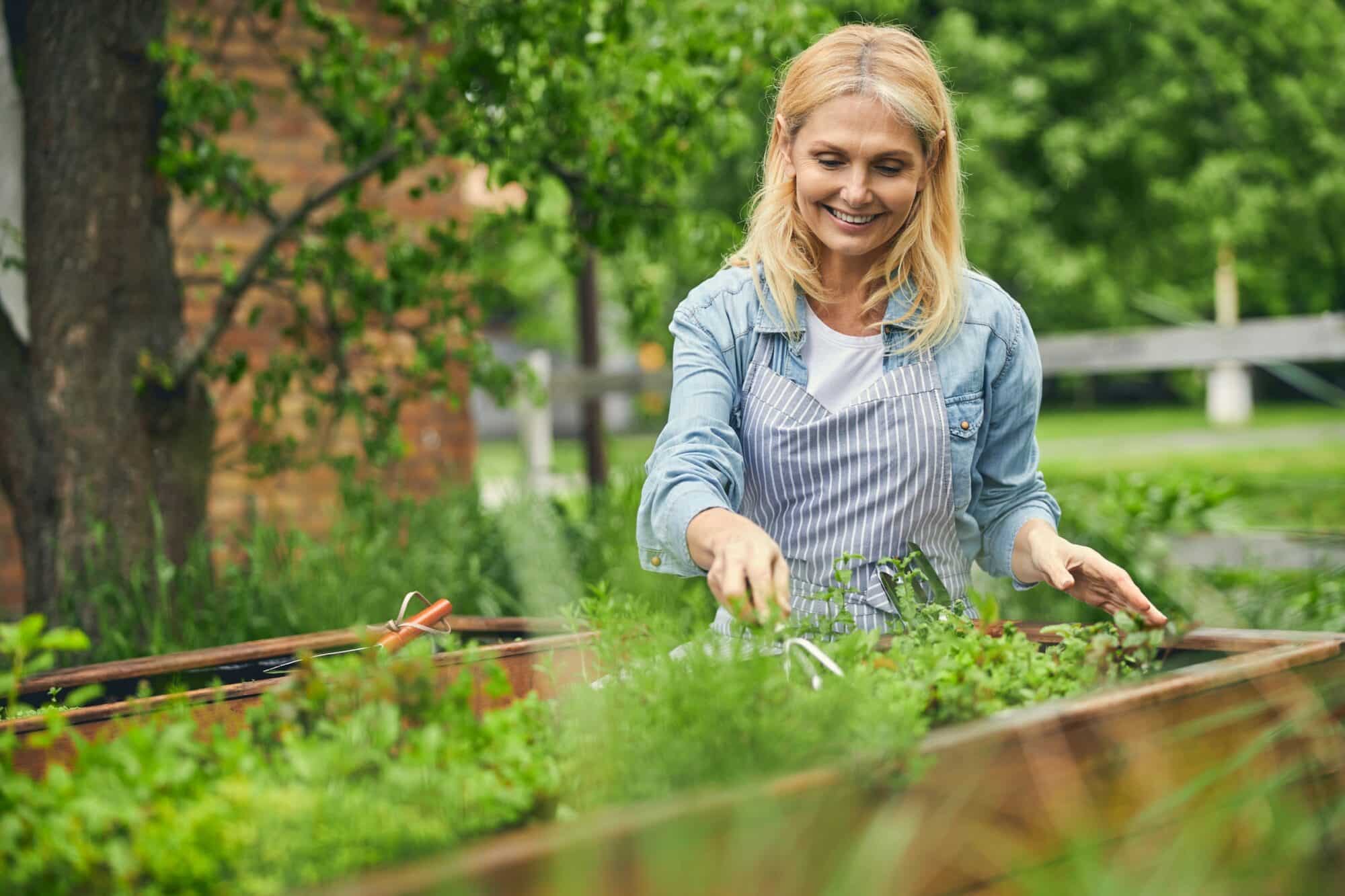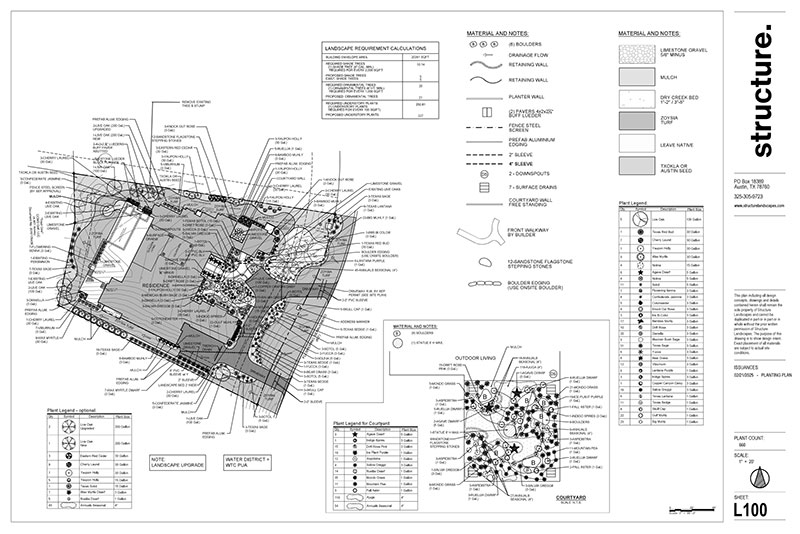A garden can be a source of joy and healthy food. If you want to make yours better, there are simple changes you can try. Improving your garden can be as easy as choosing the right plants and taking care of the soil.
You don’t need a lot of time or money to create a thriving space. With just a few tips, you can grow nutritious food and enjoy the beauty of nature. Whether you have a small balcony or a large yard, these straightforward ideas can help you get started.
Let’s explore practical ways to enhance your garden. By making some small adjustments, you can see big results in how it looks and what you can harvest.
Understanding Soil Health
Soil health is vital for a productive garden. Healthy soil supports plant growth, holds water, and is rich in nutrients. You can enhance your garden’s health by testing your soil, improving its structure, and balancing its nutrients.
Importance of Soil Testing
Soil testing is the first step to understanding your garden’s needs. You can find out important factors such as soil pH, nutrient levels, and organic matter content. A simple test can guide you in choosing the right amendments.
You can send a sample to a lab or buy a testing kit. Testing usually costs around $15 to $50. Regular testing every few years helps track changes in soil health. This knowledge allows you to make targeted improvements.
Improving Soil Structure and Aeration
Good soil structure is key for healthy plant roots. It should be crumbly and allow air and water to flow easily. Compacted soil can harm root growth and reduce drainage.
To improve structure, add organic matter like compost or well-rotted manure. This increases soil aeration and drainage. You can also use tools like a garden fork to break up compacted areas. Cover crops, such as clover or rye, can also help. They loosen soil when their roots grow.
Balancing Soil Nutrients
Your plants need a mix of nutrients for strong growth. Nitrogen, phosphorus, and potassium are the primary nutrients. A soil test can show if any nutrients are lacking.
If the levels are low, consider adding soil amendments like fertilizers or bone meal. You can also boost organic matter with compost. This benefits nutrient availability and enhances soil fertility.
Remember to follow recommended amounts for nutrients to avoid over-fertilizing. Overdoing it can harm plants and soil health. Regular checks and adjustments will keep your soil balanced and productive.
Optimizing Soil Fertility
Soil fertility is key to a successful garden. By improving the nutrients in your soil, you can support plant growth and health. Here are some effective methods to enhance soil fertility.
Natural Fertilizers and Amendments
Using natural fertilizers can boost soil health without harsh chemicals. Organic options include animal manure, wood ash, and vermicompost. These materials add essential nutrients like nitrogen, phosphorus, potassium, calcium, and magnesium.
- Animal Manure: A good source of nitrogen, it also adds beneficial microorganisms to the soil.
- Wood Ash: A great source of potassium and calcium. Use it in moderation to avoid overly alkaline soil.
- Vermicompost: This nutrient-rich material results from composting with worms, boosting soil life.
Add these amendments to your garden soil to improve nutrient levels.
The Role of Composting
Composting is an effective way to recycle garden waste and kitchen scraps. When you create a compost heap, the organic materials break down, enriching the soil with nutrients.
Key benefits of composting:
- It enhances soil structure, making it easier for roots to grow.
- Compost adds moisture retention and promotes a healthy population of microorganisms.
You can use finished compost as a top dressing or mix it into your garden beds. This process improves nitrogen levels and overall soil fertility.
Cover Crops and Green Manure
Planting cover crops, also known as green manure, is another way to enhance soil. These crops grow during the off-season and are later tilled into the soil. They add organic matter while preventing soil erosion.
Common cover crops include clover and rye, which:
- Improve nitrogen levels.
- Increase soil structure.
- Encourage beneficial microorganisms.
After growing, cut the plants down and turn them into the soil. This process helps build a rich, fertile environment for your main crops.
Garden Maintenance Strategies
Maintaining your garden involves several key practices. You need to manage weeds and pests, improve water retention with mulching, and consider crop rotation and plant diversity to keep your garden healthy and productive.
Weed and Pest Management
Weeds compete with your plants for nutrients and water, which is why managing them is crucial. Regularly check your garden for weeds, especially after rain. Pull them out by the roots to prevent regrowth.
For pests, consider using organic pesticides. They are safer for local wildlife and helpful for controlling insects. You can also attract beneficial insects, like ladybugs, that eat aphids.
Using barriers like row covers can keep pests away while allowing sunlight in. Check for any signs of damage regularly to catch problems early.
Mulching and Water Retention
Mulching helps retain moisture in your soil. Organic mulch, such as wood chips or coffee grounds, breaks down over time, adding nutrients. Spread a layer of mulch around your plants, about 2-3 inches deep.
This not only keeps soil moist but also suppresses weed growth. As mulch decomposes, it enriches your soil, creating a healthy environment for your plants.
Make sure to refresh your mulch yearly or as needed to maintain its benefits. It’s an easy way to support your garden’s health.
Crop Rotation and Plant Diversity
Crop rotation helps prevent diseases and pests from building up in your soil. Changing the location of your plants each year disrupts their lifecycle, which benefits your garden.
Planting a variety of crops boosts your garden’s resilience. Different plants have unique nutrient needs and pest challenges. Some plants can even help each other grow.
For example, planting marigolds among vegetables can deter pests. This approach keeps your garden balanced and thriving throughout the seasons.
Smart Gardening Practices
Using smart gardening practices can help you grow a healthier garden while saving time and resources. Here are two effective methods that can enhance your gardening experience.
Utilizing Raised Beds and Containers
Raised beds are an excellent choice for many gardeners. They improve drainage, reduce soil compaction, and make it easier to manage soil erosion. This setup allows you to have better control over the soil quality. You can fill your raised beds with a mix of soil that is rich in nutrients.
Containers are another great option, especially if you have limited space. You can grow a variety of plants, from flowers to vegetables, right on your patio or balcony. Containers also make it easier to manage your plants and move them to different locations based on sunlight and weather needs.
Both methods promote better plant growth by allowing you to customize the environment for your specific plants.
Saving Seeds and Propagating Plants
Saving seeds is a smart way to make your garden more sustainable. You can collect seeds from your healthiest plants at the end of the growing season. This practice not only saves you money but also helps you grow stronger plants in the future.
Propagating plants can be done through cuttings or divisions. For instance, many perennials can be divided to create new plants. This technique is useful for expanding your garden without additional costs.
Make sure to store your seeds properly to maintain their viability. Use cool, dry places for storage, and label them clearly to know what you have saved. Both techniques can help you keep your garden thriving and are easy to implement.
At Structure Landscapes, we create beautiful, low-maintenance Native & Adapted Landscapes using native plants. Contact us today to bring your vision to life!





